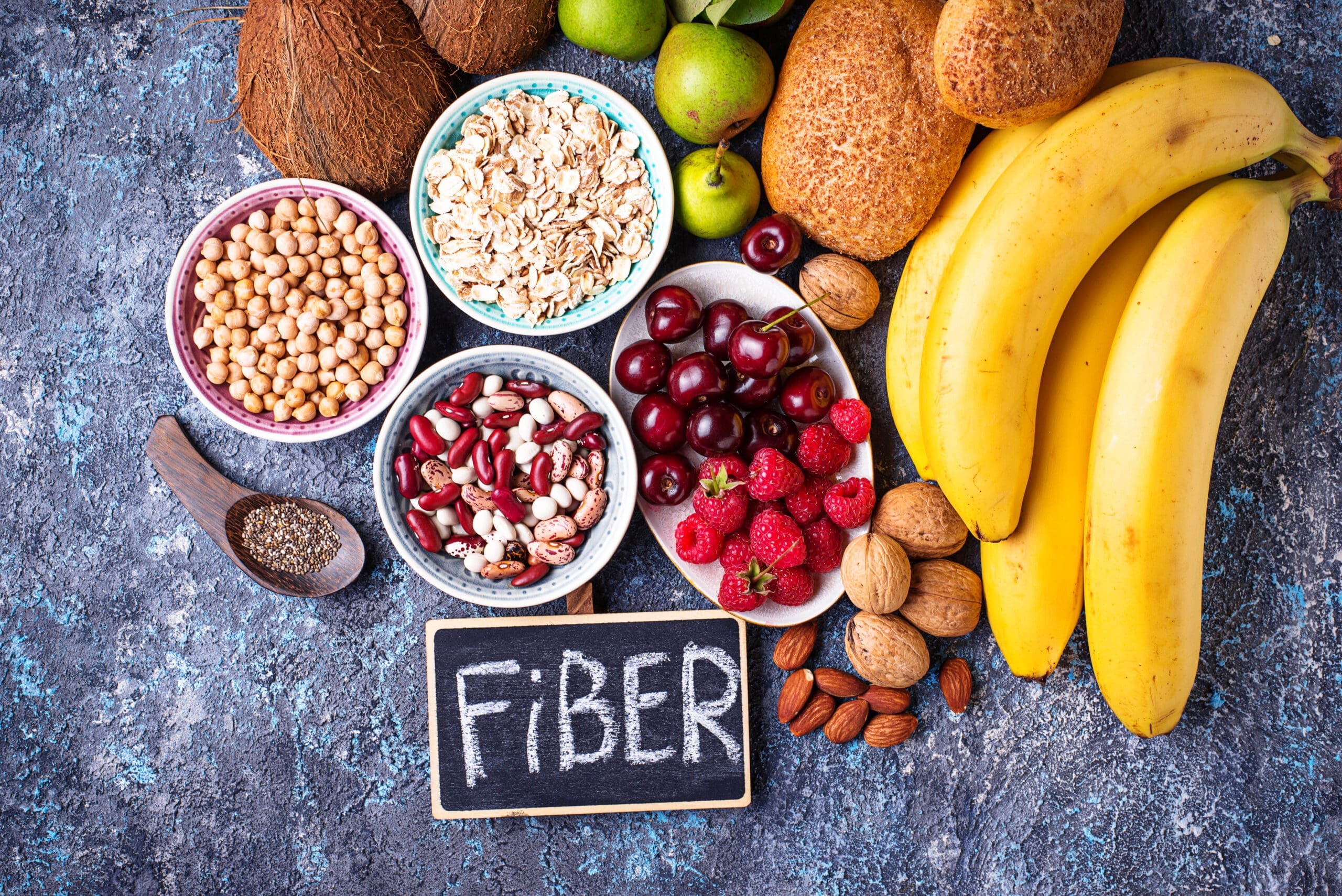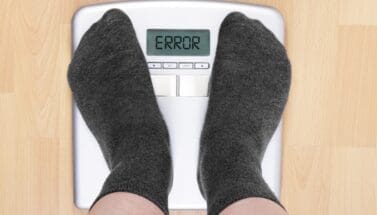- Devise different ways to incorporate fiber into your diet.
- Explore alternative ways to meet your fiber intake.
- Learn of the many benefits fiber has to offer.
Fiber Supplements: Why You Should Be Adding Them To Your Diet
Remember Jaime Lee Curits in that one Activia commercial, telling us how 87% percent of Americans suffered from digestive health issues? Well, she might’ve been up to something. Although not nearly as high, a recent study shows 40% of Americans suffer from digestive troubles.
Fiber is often overlooked and passed on by people, but with many health-boosting benefits, fiber is a crucial element in improving your quality of life. From benefiting your digestive health to helping with weight loss, it’s essential to lead a healthy and balanced lifestyle.
We understand meeting your nutrition goals can be difficult, that creating the perfect meal plan is hard to do, and that sometimes, it’s easy to opt for the convenience of fast food, frozen TV dinners, or takeout from the place down the street. But with a team full of fitness experts, we make it easy. From powdered greens to fiber supplements, Rock’s Discount Vitamins has all the right ingredients to help you reach your body goals!
What is Fiber?
Maybe you’ve been told to up your fiber intake and make it a staple in your diet, but why, what exactly is it? Fiber is a type of carbohydrate derived from plants, with most of our dietary intake coming from legumes, whole grains, fruits, and vegetables.
How Much Fiber Should You Eat?
Although the daily intake varies from person to person, it is recommended to consume 25-30 grams of fiber per day. Below is a breakdown by age group:
- Women 50 or younger: 25 grams
- Women 50 or older: 21 grams
- Men 50 or younger: 28 grams
- Men 50 or older: 30 grams
The Benefits of Fiber Supplements
Even though it is an essential nutrient that has many enriching effects, research shows that 95% of Americans don’t meet the required fiber intake. With many health benefits, fiber can aid with digestion, weight management, and heart health.
How Fiber Aids Digestion
Fiber controls the rate at which food is digested, and helps with the absorption of nutrients, and movement of stool throughout the colon. By consuming enough fiber, the body can help prevent constipation, and bulk up stool.
- Soluble Fiber: Soluble fiber is one of two types of fibers, with this type dissolving in water. Soluble fiber is known to create a gel-like substance in your stomach, helping slow down your digestion. It also aids in lowering both your cholesterol and blood sugar levels. Good sources of soluble fiber include: Apples, bananas, carrots, and peas
- Insoluble Fiber: Insoluble fiber does not dissolve in water. Instead, it supports digestion by helping the movement of waste throughout our digestive system, and by bulking our stool. Insoluble fiber is helpful for those who suffer from constipation or those who do not pass stool as often as they should. Good sources of insoluble fiber include: Beans, cauliflower, nuts, and potatoes.
Weight Management
Although it’s not typically associated with weight loss, fiber plays a big role in it. Foods high in fiber are more filling, meaning you’re likely to feel satisfied for longer, and less likely to eat more throughout the day. Foods containing fiber also have fewer calories for the same amount of food when compared to low-fiber foods, which allows you to eat more while consuming fewer calories.
Heart Health
Soluble fibers, especially those found in beans, oats, and flaxseeds, help the body by preventing the absorption of cholesterol. Consequently, this lowers cholesterol levels in the bloodstream, lowers blood pressure, and lessens inflammation in the body, all of which help improve your heart health, minimizing the chance of strokes and heart disease.
Fiber-Filled Foods
When you hear 25-30 grams of fiber, your mind goes to a mountain-sized serving—but it’s not. You’d be surprised to find that meeting your daily fiber is actually quite doable. So what does it look like? It can be ½ cup of oats for breakfast, a large handful of berries, a sweet potato, and even a pear or apple. With so many amazing benefits fiber should not be ignored. Below are some food options that are high in fiber:
Fruits:
- Avocados
- Apples
- Bananas
- Berries
- Passionfruit
Vegetables:
- Artichoke
- Broccoli
- Carrots
- Cauliflower
- Sweet potatoes
Legumes:
- Beans (all types of beans)
- Chickpeas
- Lentis
- Peas
- Peanuts
Whole Grains:
- Brown Rice
- Corn
- Oats (steel-cut and rolled)
- Quinoa
- Wild Rice
Top Fiber Supplements
If you feel you can’t manage to meet your daily fiber intake, there are plenty of supplements out there that can help you meet your goals. Below are some of our favorite fiber supplements:
Up Your Digestive Health with Fiber!
From improving your digestive health, reducing the risk of heart disease to keeping your weight in check, understanding how to implement fiber into your diet can provide you with an abundance of benefits. Visit Rock’s Discount Vitamins, and meet your fitness needs!





